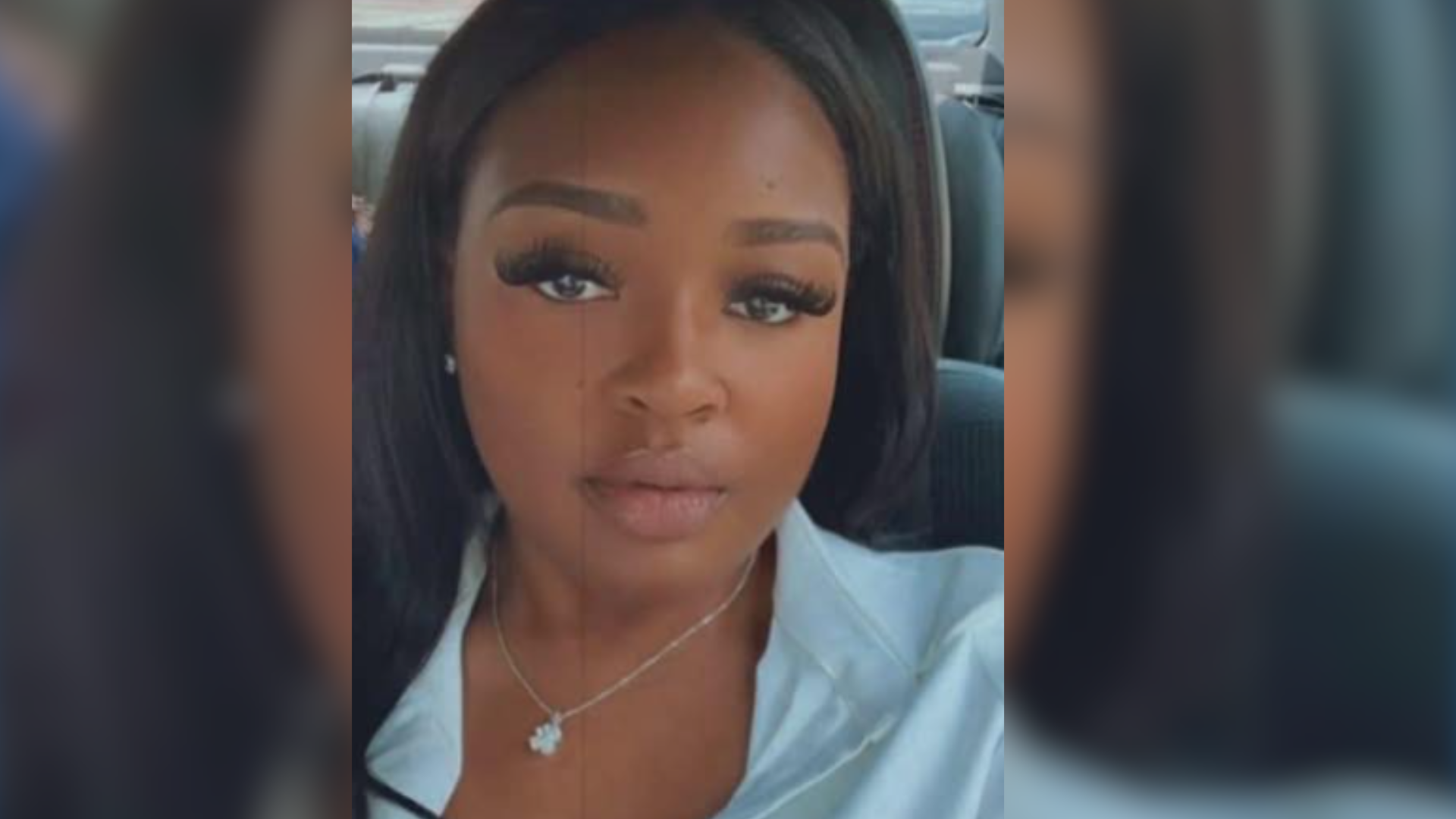Health
Family Faces Heartbreak as Newborn Fights for Life After Mother’s Death

In a heart-wrenching case from Atlanta, a newborn infant named Chance Smith fights for survival in intensive care following the tragic death of his mother, registered nurse Adriana Smith. Adriana, 30, was declared brain-dead after suffering a catastrophic brain event due to blood clots in February 2025. Her family faced a profound dilemma when doctors advised that keeping her on life support could allow the pregnancy to continue long enough for the baby to have a chance at life.
After more than three months on life support, Adriana underwent an emergency caesarean section on June 13, 2025, delivering Chance at 4:41 a.m. He weighed a mere 1 lb., 13 oz and was immediately placed in the neonatal intensive care unit (NICU). Shortly after Chance’s birth, Adriana was removed from life support and pronounced dead, leaving her family to navigate an emotional landscape of grief and uncertainty.
Adriana’s mother, April Newkirk, now grapples with the dual responsibilities of raising Chance and her seven-year-old grandson, who has been led to believe his mother is merely “asleep.” Newkirk has expressed the emotional toll of watching her grandson’s struggle for life while mourning her daughter. In a poignant statement, she remarked, “I’m her mother. I shouldn’t be burying my daughter. My daughter should be burying me.”
As Chance battles for survival, his health remains fragile, with underdeveloped lungs requiring continuous respiratory support. Newkirk described the ongoing fight in an interview, stating, “He’s fighting for his life every single day. He’s tiny, but he’s strong. We pray constantly and believe he will keep getting better.” Friends and family have initiated a GoFundMe campaign to cover the escalating medical expenses, which has raised over $480,000 from over 14,000 donors.
The case of Adriana Smith has ignited a national debate surrounding reproductive rights and medical ethics, raising critical questions about decision-making authority when patients cannot advocate for themselves. Newkirk has emphasized the need for choice, underscoring, “I’m not saying we would have chosen to terminate her pregnancy. But I’m saying we should have had a choice.”
Medical ethicists note that cases like Adriana’s are exceptionally rare. A review conducted in 2014 highlighted that most instances of maintaining brain-dead pregnant women on life support extend gestation by only two to six weeks. From 1982 to 2010, researchers documented just 30 similar cases globally, with only 12 infants surviving the neonatal period.
As Chance continues to receive care in the NICU, Newkirk faces the daunting task of navigating the complexities of motherhood and grief simultaneously. The family’s experience underscores a growing need for legal clarity to prevent other families from enduring similar situations. “I would like people to know that all women should have a choice about their bodies,” Newkirk declared.
This heart-wrenching story highlights the intersection of medical possibility and ethical considerations, as well as the profound impact of individual choices on families. For April Newkirk, the legacy of her daughter is entwined with the fight for clarity in reproductive rights, as she reflects on the intimate connection Chance will never have with his mother. “I wish he could smell his mother just one time,” she lamented. “You know, lay on her chest, skin to skin. That’s not possible.”
-

 Health3 months ago
Health3 months agoNeurologist Warns Excessive Use of Supplements Can Harm Brain
-

 Health3 months ago
Health3 months agoFiona Phillips’ Husband Shares Heartfelt Update on Her Alzheimer’s Journey
-

 Science1 month ago
Science1 month agoBrian Cox Addresses Claims of Alien Probe in 3I/ATLAS Discovery
-

 Science1 month ago
Science1 month agoNASA Investigates Unusual Comet 3I/ATLAS; New Findings Emerge
-

 Science4 weeks ago
Science4 weeks agoScientists Examine 3I/ATLAS: Alien Artifact or Cosmic Oddity?
-

 Entertainment4 months ago
Entertainment4 months agoKerry Katona Discusses Future Baby Plans and Brian McFadden’s Wedding
-

 Science4 weeks ago
Science4 weeks agoNASA Investigates Speedy Object 3I/ATLAS, Sparking Speculation
-

 Entertainment4 months ago
Entertainment4 months agoEmmerdale Faces Tension as Dylan and April’s Lives Hang in the Balance
-

 World3 months ago
World3 months agoCole Palmer’s Cryptic Message to Kobbie Mainoo Following Loan Talks
-

 Science4 weeks ago
Science4 weeks agoNASA Scientists Explore Origins of 3I/ATLAS, a Fast-Moving Visitor
-

 Entertainment4 months ago
Entertainment4 months agoLove Island Star Toni Laite’s Mother Expresses Disappointment Over Coupling Decision
-

 Entertainment3 months ago
Entertainment3 months agoMajor Cast Changes at Coronation Street: Exits and Returns in 2025









